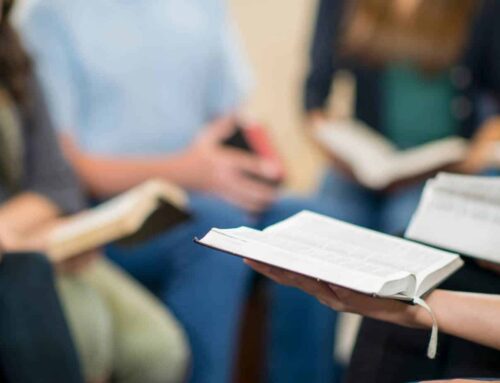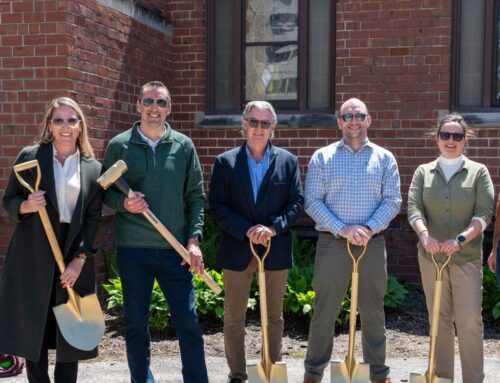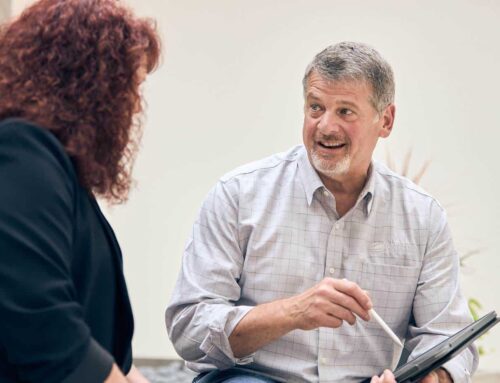Darlene Newsom, Consultant with Vitalyst Health Foundation
For nearly five decades, I have had the privilege of working with some of Arizona’s most vulnerable populations—families experiencing homelessness, children in foster care, and women navigating life after crisis.
My career has spanned residential shelters, transitional housing programs, and the founding of social enterprises.
Today, through my consulting work with organizations like Vitalyst Health Foundation, I’ve embraced a renewed mission: empowering faith-based communities to recognize their role in addressing the affordable housing crisis.
Understanding the Crisis
The United States is facing a critical housing shortage, and Arizona, where I live, is no exception. Estimates suggest that the state is currently short between 150,000 and 270,000 housing units.
The impact of this shortfall is evident across both rural and urban communities. For instance, restaurants are forced to reduce hours or close due to staffing shortages, while educators often face long commutes just to reach the classrooms where they teach.
Despite the growing urgency, progress on policy solutions has been limited. Many pro-housing bills stall in committee, while the cost of land continues to climb, and zoning processes remain prohibitively slow.
Developing affordable housing is a long-term endeavor that demands creative thinking around where—and how—we build.
The Role Faith-Based Organizations Can Play
Many congregations I work with could be described as “asset-rich, cash-poor.” While they may face financial limitations or struggle to maintain aging facilities, they often sit on underutilized parcels of land, properties acquired years ago for expansion plans that never materialized.
These properties, however, hold significant untapped potential. With the right approach, they can become tools for both ministry growth and community service.
Affordable housing is a natural extension of the outreach many churches are already engaged in—providing food assistance, childcare, or other social services.
When developed thoughtfully, these projects can address critical housing needs while revitalizing congregations and reinforcing their role as community anchors.
Barriers and Misconceptions
Still, churches pursuing housing initiatives often encounter significant challenges. Zoning restrictions, especially residential, can complicate development efforts. The rezoning process frequently invites community feedback, opening the door to opposition rooted in fear and misinformation.
Common concerns about affordable housing, such as its impact on crime, property values, or infrastructure, are often unfounded. In fact, research indicates that affordable housing can enhance nearby property values and that stable housing is linked to lower crime rates.
Combating these misconceptions requires proactive community engagement. Churches, with their longstanding local presence and trusted relationships, are well-positioned to lead these educational conversations.
Advice for Congregations Ready to Take the Leap
For congregations considering a housing project, several best practices can help ensure success:
- Engage legal counsel early. Whether leasing land or forming a partnership, protecting your mission and assets is essential.
- Involve the community from the beginning. Early engagement with the community fosters transparency and can build local support.
- Partner with experienced developers. A skilled development partner—one who aligns with your values and communicates clearly—can make a transformative difference. Organizations like Catalyst Construction exemplify how strong collaboration can lead to successful outcomes.
- Understand your target population. Whether your project serves families, seniors, or veterans, ensure that the intended residents align with your existing programs and the broader needs of your community.
Beyond the Build: Sustaining the Mission
Affordable housing should not be seen as a one-time project, but as a long-term commitment. While developers typically manage maintenance and compliance, particularly in tax credit-funded developments, congregations play a vital role in building and sustaining a sense of community.
Hosting parenting classes, facilitating job readiness programs, continuing food distribution, and offering meeting space to neighborhood groups are just a few ways churches can deepen their impact. These efforts transform housing into more than shelter—they foster stability, dignity, and connection.
Moreover, when the partnership is strong, the benefits extend both ways. I’ve witnessed congregations gain new energy, visibility, and even membership through meaningful engagement with their communities.
Getting Creative: New Approaches to an Old Problem
Solving the housing crisis will require reimagining what’s possible. I have long advocated for colocation models—developments that pair housing with existing civic infrastructure, such as fire stations, libraries, or senior centers. These sites already offer city-owned land, lower zoning hurdles, and built-in support services.
Parking policies also deserve scrutiny. Current codes often require 1.5 parking spaces per unit; yet, in many affordable developments, these lots usually sit half-empty. Revisiting these requirements could free up land for additional housing, but only if policy evolves alongside our vision.
A Call to Action
To Arizona residents: advocate for affordable housing in your communities. Challenge the myths. Ask your neighborhood association what solutions they support, and if they oppose new housing. To faith communities: If your congregation owns unused land, consider its potential uses. That space could become a vital part of the solution.
A single policy or project will not solve Arizona’s housing crisis. But it can be eased—one congregation, one community, and one creative partnership at a time.





